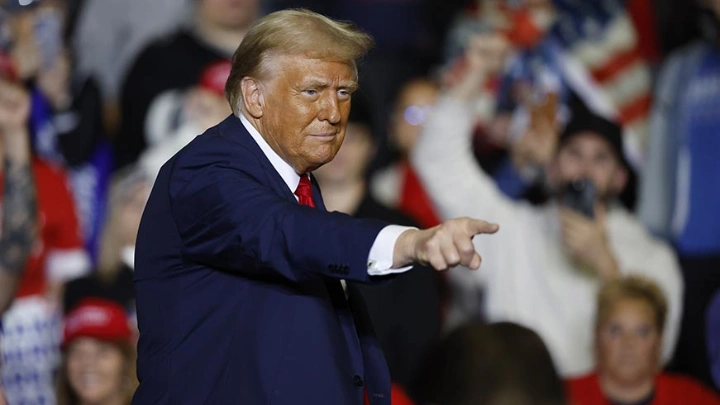Perhaps the doom-sayers are right. Perhaps the return of Donald J. Trump to a second presidency spells the end to women’s rights, prosperity, and all things good. As if multiple crises and extreme uncertainties were not enough of a global challenge, the world’s largest economy and military superpower has just gone and re-elected a leader with a known penchant for unpredictability. Buy these arguments, and it should be clear that the American people have not only shot themselves in the foot but the rest of us, too. But have they?
The first part of this article presents three arguments explaining Trump’s electoral triumph should give many countries and people around the world good reason for at least cautious optimism. The second part examines three risks that the arrival of Trump and his new team may pose while highlighting why these potential challenges represent new opportunities for other actors.
As if multiple crises and extreme uncertainties were not enough of a global challenge, the world’s largest economy and military superpower has just gone and re-elected a leader with a known penchant for unpredictability.
A glass more than half full?
Three areas where a paradoxical, positive effect of Trump’s re-election might be at work are trade, global governance, and diversity.
Trade politics
First, recall that there was no love lost between President Trump 1.0 and the World Trade Organization (WTO). In August 2018, he declared the WTO to be “the single worst trade deal ever made”. The actions of his team spoke even louder than these harsh words. Trade wars, tariffs, and paralysis of the WTO’s Dispute Settlement Mechanism had marked the first Trump era. While the US did not return to its old role of guarantor of trade multilateralism under President Joe Biden either, Team Trump 2.0 will now likely break its own record (and certainly Biden’s or President Obama’s) in bringing stormy weather to global trade governance. Just prior to the election, candidate Trump described “tariff” as “the most beautiful word in the dictionary”; chances are that the self-declared “tariff-man” will be back with a vengeance when he takes up office again—his election promise has been that the US will be slapping on universal baseline tariffs (10 percent) and hitting China with tariffs of 60 percent.




